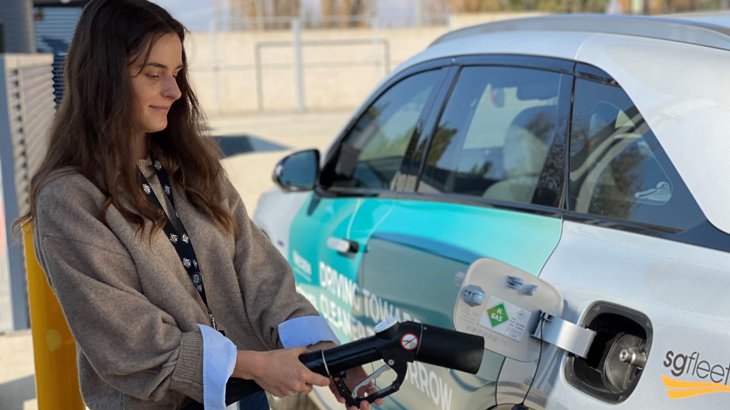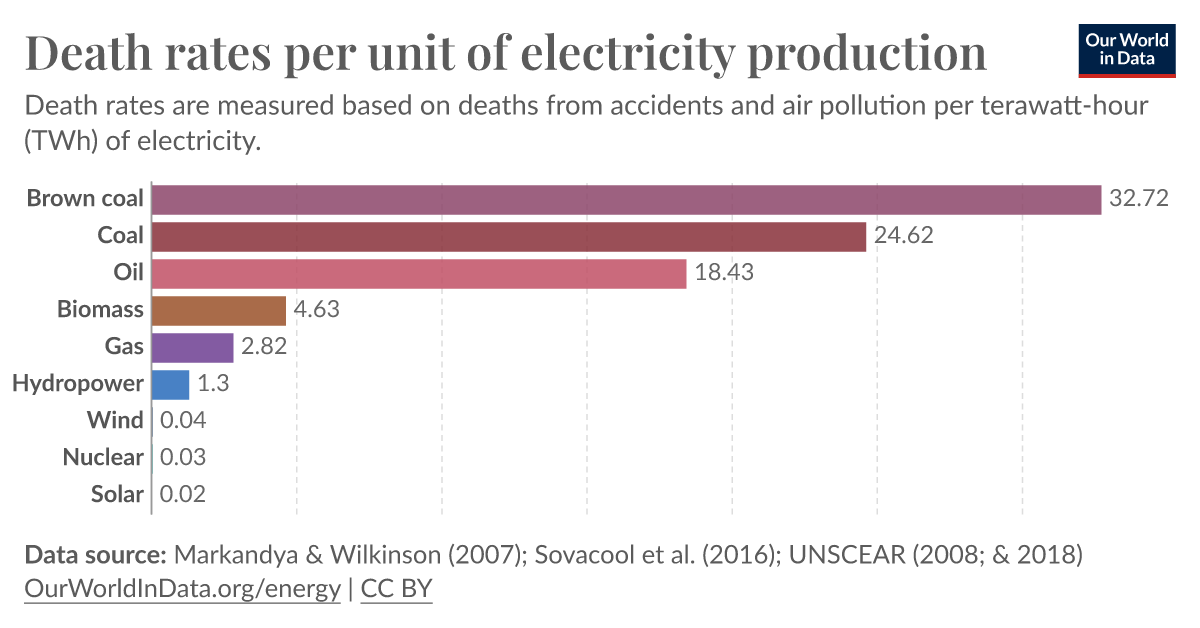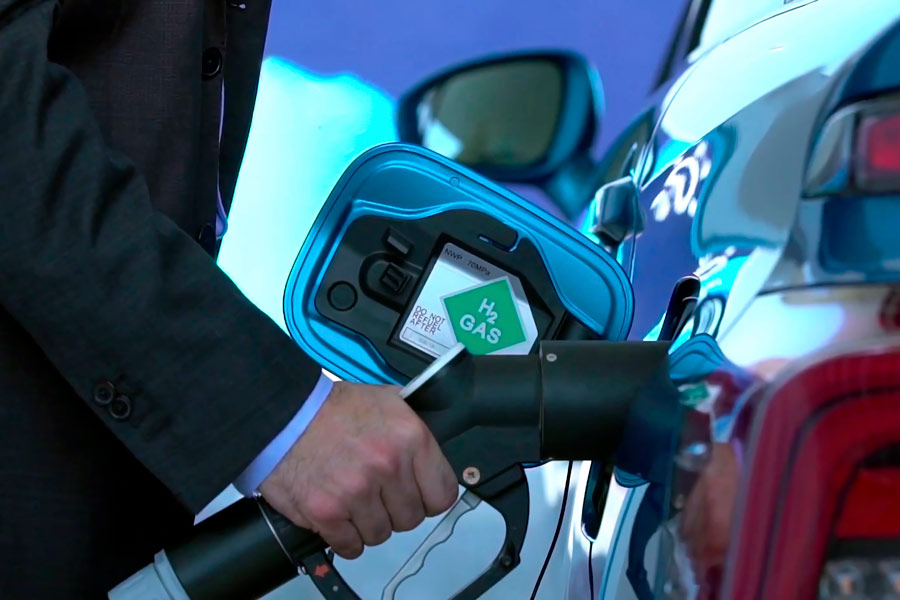- Dec 17, 2010
- 8,289
- 1,734
- Country
- Australia
- Faith
- Anglican
- Marital Status
- Married
The big surprise for me this week is that I'm more excited by today's Aussie electric trucking firm Janus than the shiny Tesla semi we're being promised in a few years! Why? It carries more, better.
Tesla Semi carries 40 tonnes about 800 km range, with a 30 minute Megacharger for another 600 km.
Janus Semi carries 100 tonnes about 500 to 600 km, but with just a 3 minute battery swap for another 600 km!
Watch the forklift swap the battery - (but big robot dooverlackies coming soon.)
More at The Driven. Janus unveils first electric truck for Australian east coast battery swap route
This means range anxiety is no longer a thing - as both of these are well over what an Australian trucker is legally allowed to drive in one shift. They’re meant to stick to 100 km an hour and have a half hour break in 12 hours. That means a top LEGAL range of roughly 1150 km. Australian Standard Hours of Service Rule
This means the battery pack is separated from the truck. The truck can instantly enjoy new battery technology as it evolves over the next few years.
They're converting 67 trucks this year - with plans for much BIGGER Aussie road trains!
http://www.smh.com.au/business/companies/entrepreneur-big-trucks-big-savings-big-electric-plans-20220811-p5b91o.html
Battery swap just seems better! It means if a truck ever runs out of charge somewhere, there could be roadside assistant trucks with robot or forklift doovers that take the old battery out and swap in a new one. While the Tesla Megacharger is impressive it puts both the grid and battery under enormous stress. The battery-swap is faster, but the charging of the battery can take it's time, avoiding any stress on the battery or electricity grid. These already carry 2.5 times the weight of the Tesla Semi. Indeed, if this battery pack becomes a world standard (like USB C is a phone standard) then who knows what improvements it might open up trucking to? And will Tesla's Semi with expensive fast-charger and expensive batteries get left behind?
Tesla Semi carries 40 tonnes about 800 km range, with a 30 minute Megacharger for another 600 km.
Janus Semi carries 100 tonnes about 500 to 600 km, but with just a 3 minute battery swap for another 600 km!
Watch the forklift swap the battery - (but big robot dooverlackies coming soon.)
This means range anxiety is no longer a thing - as both of these are well over what an Australian trucker is legally allowed to drive in one shift. They’re meant to stick to 100 km an hour and have a half hour break in 12 hours. That means a top LEGAL range of roughly 1150 km. Australian Standard Hours of Service Rule
This means the battery pack is separated from the truck. The truck can instantly enjoy new battery technology as it evolves over the next few years.
They're converting 67 trucks this year - with plans for much BIGGER Aussie road trains!
http://www.smh.com.au/business/companies/entrepreneur-big-trucks-big-savings-big-electric-plans-20220811-p5b91o.html
Battery swap just seems better! It means if a truck ever runs out of charge somewhere, there could be roadside assistant trucks with robot or forklift doovers that take the old battery out and swap in a new one. While the Tesla Megacharger is impressive it puts both the grid and battery under enormous stress. The battery-swap is faster, but the charging of the battery can take it's time, avoiding any stress on the battery or electricity grid. These already carry 2.5 times the weight of the Tesla Semi. Indeed, if this battery pack becomes a world standard (like USB C is a phone standard) then who knows what improvements it might open up trucking to? And will Tesla's Semi with expensive fast-charger and expensive batteries get left behind?




